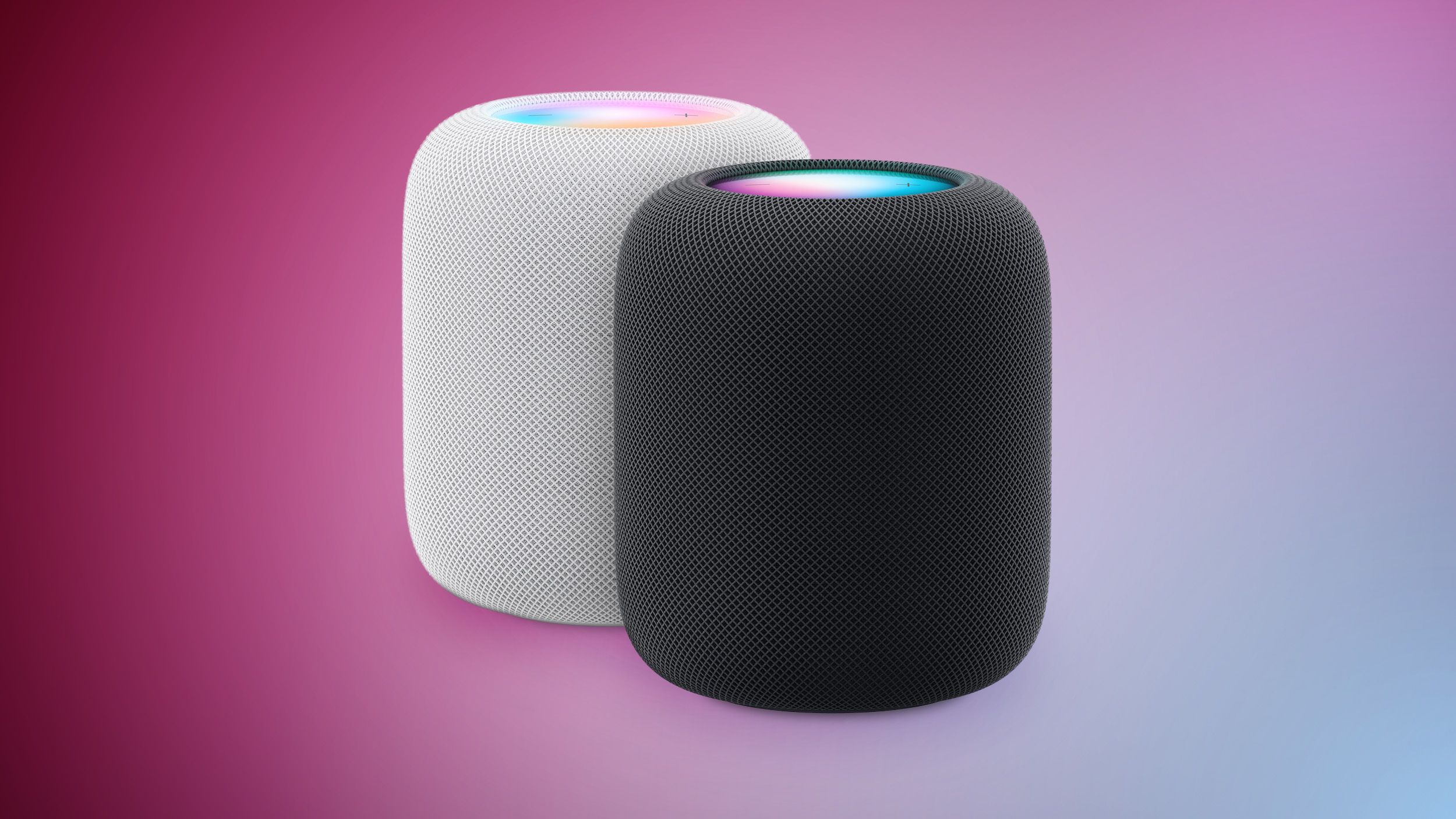Well, you keep repeating this production volume and revenue figure, with the assertion that for Apple, the HomePod was a great business success.
However, Apple don't typically discontinue successful products unless they have a new one ready to roll. This is particularly true in highly competitive markets, where they know how important sales inertia is. Stop production while a new product arrives, and customers will buy competitor products instead because they are there and available. Customers and markets simply do not wait, and of all companies, Apple know this really well.
The only conclusion you really can draw is that the HomePod was not profitable. And honestly it is not hard to see why this reality may be the more accurate one. Too expensive, FAR too expensive in fact for the much narrower niche of features and capabilities. It is also not hard to guess why now. And that's because they will have calculated at the outset how many needed to be sold to break even on the development and manufacturing costs, and that they stopped production at that point, because there was no profit to be had from it, and absent any plans to open the ecosystem to make it more functional, no way to make it profitable.
So they focused on a cheaper model that would sell and at least maintain the subscriptions for Apple Music, possibly build on that, and waited until the HomePod supply chain was almost empty, then announced it was being discontinued. It's classic Apple supply-chain management. Not a surprise since Tim Cook was the class-leader in supply chain management while Jobs was still at the helm. He was a master also at ramping up product volume in the supply chain to ensure manufacturing and warehousing were clear of old product while there was still a crest of demand.
I admire the enthusiasm of individuals for the product, but I would bet on Apple's business sense rather more than on enthusiastic users. And in this case I would say that all the signs are that there were simply far-too-few enthusiastic users who wanted to buy one enough to keep the product in production. And I believe that decision was taken ages ago.
I think it's a great shame. It's a great product, though with some dire shortcomings. Price for one, but Apple never have concerned themselves with being a niche at the top of a market segment, because they have always sold product even at premium prices. But due to the narrowness of the ecosystem HomePod supported and the way the competition has evolved, I think they knew pretty early on that the HomePod was likely not going to work out. I believe they wanted to establish themselves as a serious contender in the great-sounding-speaker market, but the HomePod did that. It just didn't make money.





